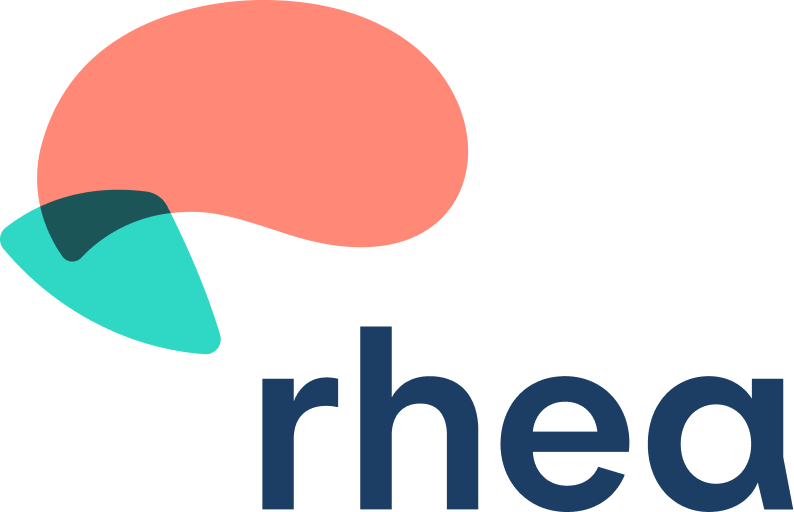Sleep Hygiene
Sleep .Why is sleep so important after a concussion?
Early after a concussion in the first few days, changes in sleep and wakefulness are routinely experienced by almost everyone. This is normal. The brain and the body need extra sleep to recover. During the first week to ten days, allow yourself to sleep and nap as needed! The structures in your brain responsible for sleep and day-time wakefulness are located at the base of your skull/upper spine and are quite vulnerable during concussion.
What is “Sleep Hygiene”?
Supporting healthy sleep and day-time wakefulness should always begin with addressing behaviors and the environment. This is called “sleep hygiene”.
Part of sleep hygiene involves having a clear schedule/routine and trying to stick to it daily. Go to bed and get up at the same time each day, even on weekends if possible. (If this is difficult, try to keep it within ½ hour either way.) Not only will this help your sleep, but it will help all aspects of your life.
What are suggestions for sleep hygiene at night?
- Make sure it’s quiet. If you have noisy roommates, noises from the street etc., wear ear plugs and use a white noise maker.
- Create a cool dark environment
- Use a humidifier if needed.
- Do NOT have a digital clock beside the bed!
- Try not to have your laptop in your bedroom room (or tv) and turn off all electronic devices an hour before sleep.
- Use dim out or black-out curtains or try an eye mask.
- If getting up to use the bathroom, try not to turn on the overhead light; use a night light. Do NOT look at a clock.
- Keep stress out of the bedroom. For example, do not study, work or pay bills there.
- Try to go to bed at the same time every night and set your alarm for the next day.
- Avoid Caffeine, nicotine, alcohol and sugar for five hours before bedtime (Limit caffeine in general)
- Follow a bedtime routine. For example, put out your clothes for the morning, brush your teeth and then read or listen to relaxing music for 10 minutes before turning out the light.
What are daytime suggestions for improving sleep?
- Set an alarm to try to wake up at the same time every day. I like the Philips SmartSleep Sleep and Wake-up Light Therapy Lamp, with Sunrise Alarm and Sunset Fading Night Light, White.
- Include meaningful activities in the daily schedule. If screens are required, try putting the screen on “night mode” and use Blue Blocker glasses or Theraspecs. (Both are available for purchase online) Theraspecs may also help with headaches.
- Limit screen time in general.
- Exercise every day as tolerated but do so at peak energy times and stop at least 2 hours before bed.
- Try to get outdoors for some sunlight during the daytime. If you live in an area with less sun in the wintertime (like Toronto), consider trying light box therapy. (Philips Blue light).
- Avoid napping for more than 30 minutes. More than this will disrupt nighttime sleep. Also, try not to nap after 4 pm in the afternoon.
How do screens disrupt my sleep?
- All computer screens (and smartphones, iPads, tables etc.) emit blue light which is stimulating to the brain. It can also be irritating to the eyes and can trigger headaches. Most importantly, it can disrupt sleep.
Put your screen in night mode, reduce the overall brightness, try blue blocker glasses or TheraSpecs (rose-tinted). - Turn off your devices an hour before sleep. Do not look at them after you’ve gone to bed as the blue light will stimulate your brain to wake up.
- Blue light from screens will also cause your brain’s natural melatonin in levels to drop.
- Melatonin is a neurotransmitter in your brain that is involved in regulating sleep. It’s also important to know that the melatonin you can purchase to take by mouth is NOT a sleeping pill, it is to help regulate the sleep-wake cycle.
Concussions in Soccer
Research Article: Avoiding a red card: recommendations for a consistent standard of concussion management in professional football (soccer).
